Team of Caring Professionals
We are a team of caring and compassionate professionals working together to provide the best possible care for you and your loved ones
The Most Reliable Senior Care
Please submit this form below and we will chat shortly!
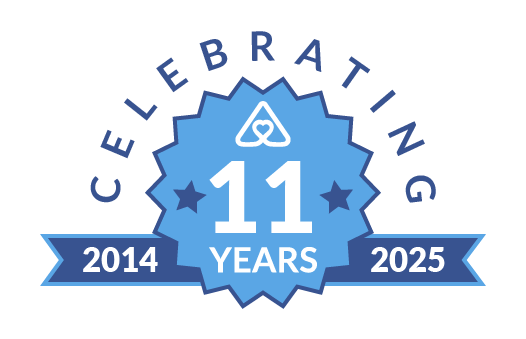
Always Best Care combines national strength and standards with local accessibility and personal service. Danielle Loupee and her family, the owners of Always Best Care-Michiana, are local residents and take great pride in helping families care for their loved ones. Our goal is to join your family’s journey and provide the absolute best care plan for your loved one. Our entire team has your loved ones best interests at heart,
and we’ll ensure that exceptional service and care is provided to all family members.
All our caregivers are carefully screened, thoroughly trained, bonded and insured to provide the safest and highest level of care. We will continue to build strong relationships with area hospitals, social workers, senior communities and senior resources across our communities. We're here to serve your needs, and we can help.
Senior Care in Michiana
Employees are our own – no contractors. Caregivers are thoroughly screened, trained and insured. We are dedicated to exceeding your expectations….always.

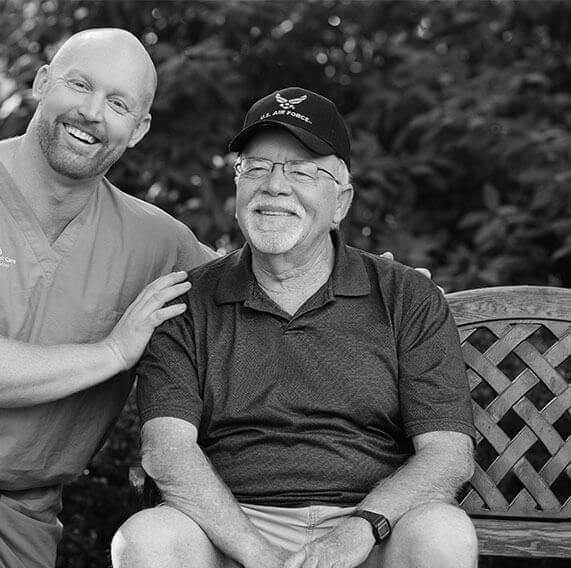
“Very positive experience with Always Best Care. Had a great group of ladies taking care”
“Frankly, I never wanted to be in a position wherein I was asked to review”
“Our mother was diagnosed with terminal cancer and immediately needed meds administered multiple times a”
“I have worked alongside Always Best Care and they have been amazing. Very quick”
“ABC is a great place to be! Thank you Patti, Stephanie, and Michele for all”
“Best Company I’ve ever encountered. I love how flexible and efficient they are. I love”
“I give always best care of 5 stars. They are caring and have a sincere”
“Always Best Care has been exceptional the four years i’ve worked there. The staff and”
“it is my pleasure to leave a review for the Coffee need that support the”
“I have worked with more home health agencies than I care to remember, both in”
“We used ABC several years ago for my dad, after he had a stroke. I”
“We used ABC several years ago for my dad, after he had a stroke. I”
“I love working for Always Best Care The staff is very helpful, encouraging wonderful, loving”
“Always Best Care gives great encouragement and support to their caregivers during any situation or”
“I love the company I think they really do care about the employee the residents”
“Stephanie Stevens is a great CSD! Thanks for all you do!”
“Always Best care is amazing!”
“Always Best Care is a great company. Not only do they provide the best care”
“We have used Always Best Care two different times for our Mother. Both times the”
“Hi my name is Linda and I’ve been working with always best care for 2”
“Always best care has always been there when I needed them! They make it convenient for”
“I have used quite a few different providers and ABC is by far the best”
“Great place to work at very professional and appreciative for their staff”
“Overall a great company to work for! They do a wonderful job recognizing caregivers; from”
“They really help people when they need it”
“Very positive experience with Always Best Care. Had a great group of ladies taking care of my Mother- in law. Always being respectful of her needs. Communication between the office and client was top notch! Special thanks to Stephanie!”
“Frankly, I never wanted to be in a position wherein I was asked to review care for my parents. That said, Always Best is aptly named. Stephanie Stevens and Kelly Robinson are kind and human and not without humor, and having endured everything that we did, I can honestly say that part of me loves them deeply. I hope I never forget the gift they gave my family.”
“Our mother was diagnosed with terminal cancer and immediately needed meds administered multiple times a day. After speaking to the independent living center where she resided, our family decided to hire Always Best Care for the meds (and then later for 24-hour aids). We cannot say enough about Darlene and Candy, as well as the numerous aids. Even at the end when our mom no longer needed the meds, they would often stop by to see her anyway. We generally do not give reviews of companies, but their caring approach was exceptional and we decided it was appropriate for others who need these services to know about our experience.”
“I have worked alongside Always Best Care and they have been amazing. Very quick to help out patients in need and staff is very polite and professional.”
“ABC is a great place to be! Thank you Patti, Stephanie, and Michele for all you do! You all are Awesome & thank you for the honors of being part of the team also acknowledging myself for Employee of the Month of March! You all are appreciated”
“Best Company I’ve ever encountered. I love how flexible and efficient they are. I love the open door policy. Michelle is my favorite schedule she does an amazing job with communication.”
“I give always best care of 5 stars. They are caring and have a sincere heart I love working with this agency..”
“Always Best Care has been exceptional the four years i’ve worked there. The staff and schedulers, especially Michele, are helpful in finding compatibility for your clients, they’re also flexible in scheduling hours. Great company, great staff.”
“it is my pleasure to leave a review for the Coffee need that support the most I would like Stephanie Kramer for supporting me and helping me get through my work schedules and feel comfortable at my place of employment. I am sad to see that she left Scheduling , but she still tries her best to help everyone even with her new position. Her dedication means everything I would like to Tasha as well for communicating with me so much I also cannot forget Patricia and Michelle as well. You ladies help me so much with my client. I greatly appreciate you ladies. I appreciate all of the hard work and dedication that you ladies have with meeting me halfway when it comes to our job it definitely makes everything much easier. Keep up the great work as well as the rest of the staff thank you ladies for everything that you do and congratulations Monique on your new position.”
“I have worked with more home health agencies than I care to remember, both in GA and MI, when I worked in healthcare; and I have to say that Always Best Care is one of the best home health care agencies that I have found since the early 90’s !!!I have been a client with Always Best Care since February 2022 and I have been extremely pleased with the help I have received both from my caregivers and the office staff. All the staff work hard and the quality of care is exceptional!!!The few occasions that I didn’t like a caregiver because of either poor work ethic or personality, Always Best Care always took care of finding another caregiver to better meet my needs ASAP!!When I first started with Always Best Care I did get a few caregivers that weren’t a good fit. But, within a very short period of time my scheduler learned my specific needs and personality and she found caregivers for me that were a wonderful match!!As in every area of healthcare, the high turnover of employees is to be expected!!! But, Always Best Care has always made sure that I have a new caregiver that matches my needs and expectations!!I have and would, highly recommend Always Best Care for your home health daily care!!”
“We used ABC several years ago for my dad, after he had a stroke. I called a few months ago to set up a care plan for my elderly mom. She had a hip replaced, and lives alone. I knew we would feel better having someone there to help her and visit with her until she could get up and around on her own. ABC works through our scheduling nightmares (mom tends to send people home early, and tell them not to come back)….and they have been SO patient with our ever changing and increasing needs for mom. Their response time and communication are impeccable!!”
“We used ABC several years ago for my dad, after he had a stroke. I called a few months ago to set up a care plan for my elderly mom. She had a hip replaced, and lives alone. I knew we would feel better having someone there to help her and visit with her until she could get up and around on her own. ABC works through our scheduling nightmares (mom tends to send people home early, and tell them not to come back)….and they have been SO patient with our ever changing and increasing needs for mom. Their response time and communication are impeccable!!”
“I love working for Always Best Care The staff is very helpful, encouraging wonderful, loving family. Thank you for the opportunity of serving for your company thank you to Michelle, who is always looking out for me and making sure that I have the hours that I need.”
“Always Best Care gives great encouragement and support to their caregivers during any situation or time of need. The care and dedication to their staff is incredible and I throughly enjoy my time working along side them!”
“I love the company I think they really do care about the employee the residents”
“Stephanie Stevens is a great CSD! Thanks for all you do!”
“Always Best care is amazing!”
“Always Best Care is a great company. Not only do they provide the best care for their clients, but they go above and beyond for their staff as well.”
“We have used Always Best Care two different times for our Mother. Both times the care was excellent. I have referred Always Best Care to several people.”
“Hi my name is Linda and I’ve been working with always best care for 2 years now and it’s a great atmosphere I like coming in to work meeting new people. It’s a place that’s kind friendly and it makes you feel at home it makes you feel that you’re working with people that understand you know you’re different needs your different hours and if something come up they are there to help you with anything that you need help with it’s a great company I’m so glad I signed up with the company I signed up a little bit after the pandemic and I just needed somewhere that I could really consider myself at home or I find a home and I have I’m amazed at how the people are so nice when you talk to them on the phone how nice they are friendly you can tell this saying it with a smile I enjoy working there I tell people ask me where I work at always best care they like what yeah always best care yes it’s a nice company sign up with it you won’t regret it I’m glad I do it I’m really glad I did”
“Always best care has always been there when I needed them! They make it convenient for me to take care of my father. I most definitely recommend them!”
“I have used quite a few different providers and ABC is by far the best company. From the office staff to the caregivers, they are doing what they love and it shows.”
“Great place to work at very professional and appreciative for their staff”
“Overall a great company to work for! They do a wonderful job recognizing caregivers; from big recognition like a monthly caregiver award and random drawings, to small recognition such as any time you visit the office you are free to grab snacks, beverages, gear and more often than not there is some type of food they have ordered that is available. They really don’t hold back in this area! There has been quite a bit of changes made in office positions within the last year. Response time, outside of the scheduling department, can be improved upon.”
“They really help people when they need it”
We match our clients with the most appropriate living options

We are a team of caring and compassionate professionals working together to provide the best possible care for you and your loved ones
We have worked with thousands of seniors and their families across the U.S. and Canada, providing the best service each step of the way
Our team of professional caregivers has a proven track record of providing expert care to seniors and people with special needs
We help people with specific needs maintain a safe, independent, and dignified lifestyle with in-home care, senior community referral services and special care services
Discover our services to find the right care solution for you and your loved ones
Expert care services, delivered in the comfort of your home
Referral services designed to help you find the right senior living community
Helping veterans navigate the financing options available from the VA to receive the best care possible
Individual healthcare provided by licensed nurses and therapists
Your local Always Best Care team helps families throughout South Bend and the surrounding areas
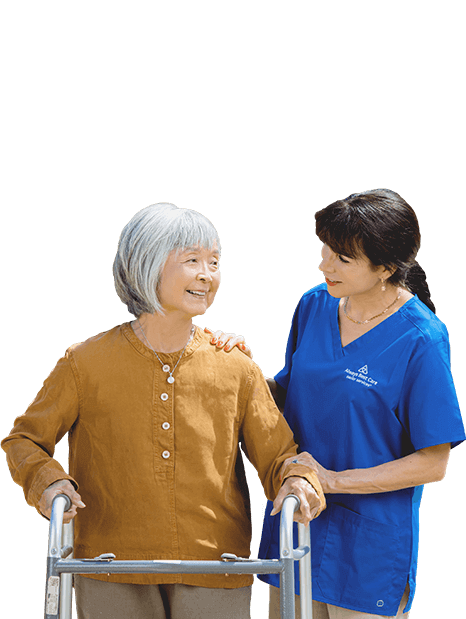
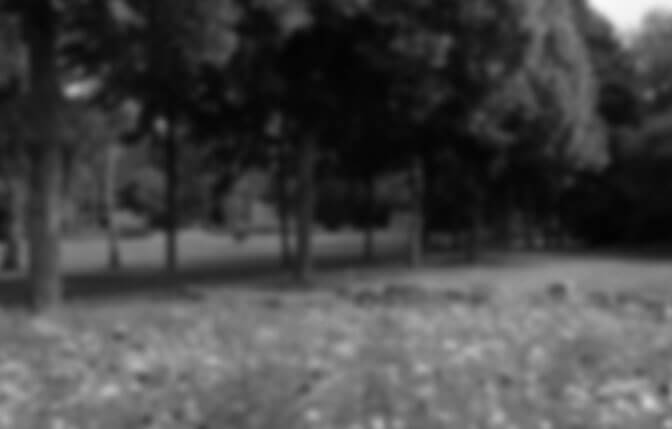
ALWAYS THERE FOR YOU ALWAYS BEST CARE
Always Best Care helps seniors and their family through the entire process. Our care coordinators are local and have in-depth knowledge of our senior living partners and services.
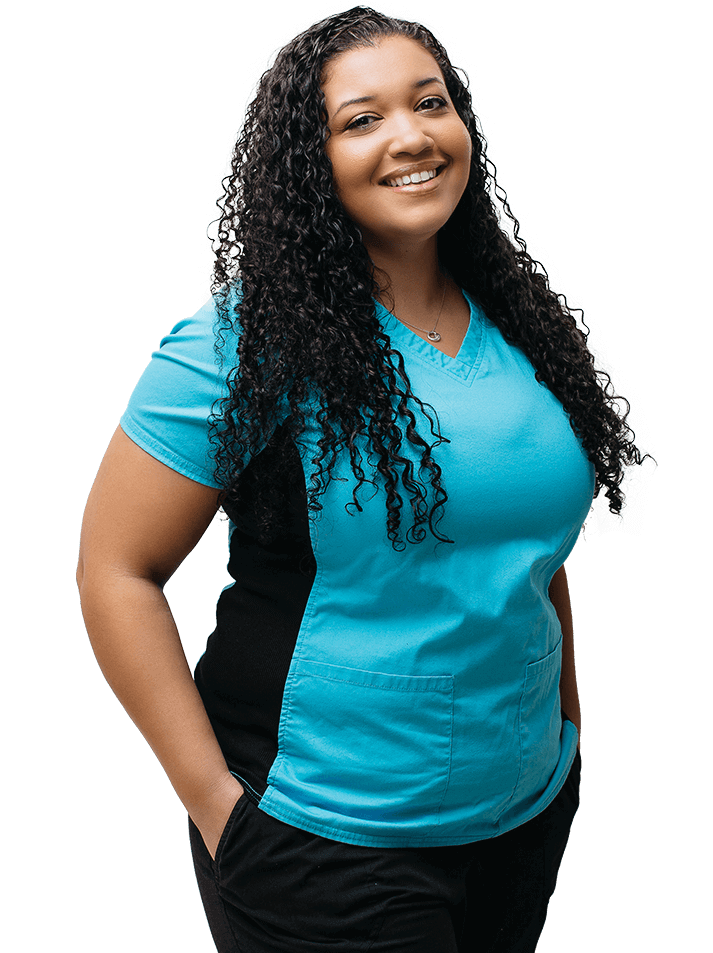

We are very proud of our awards and recognitions of excellence in the senior care industry
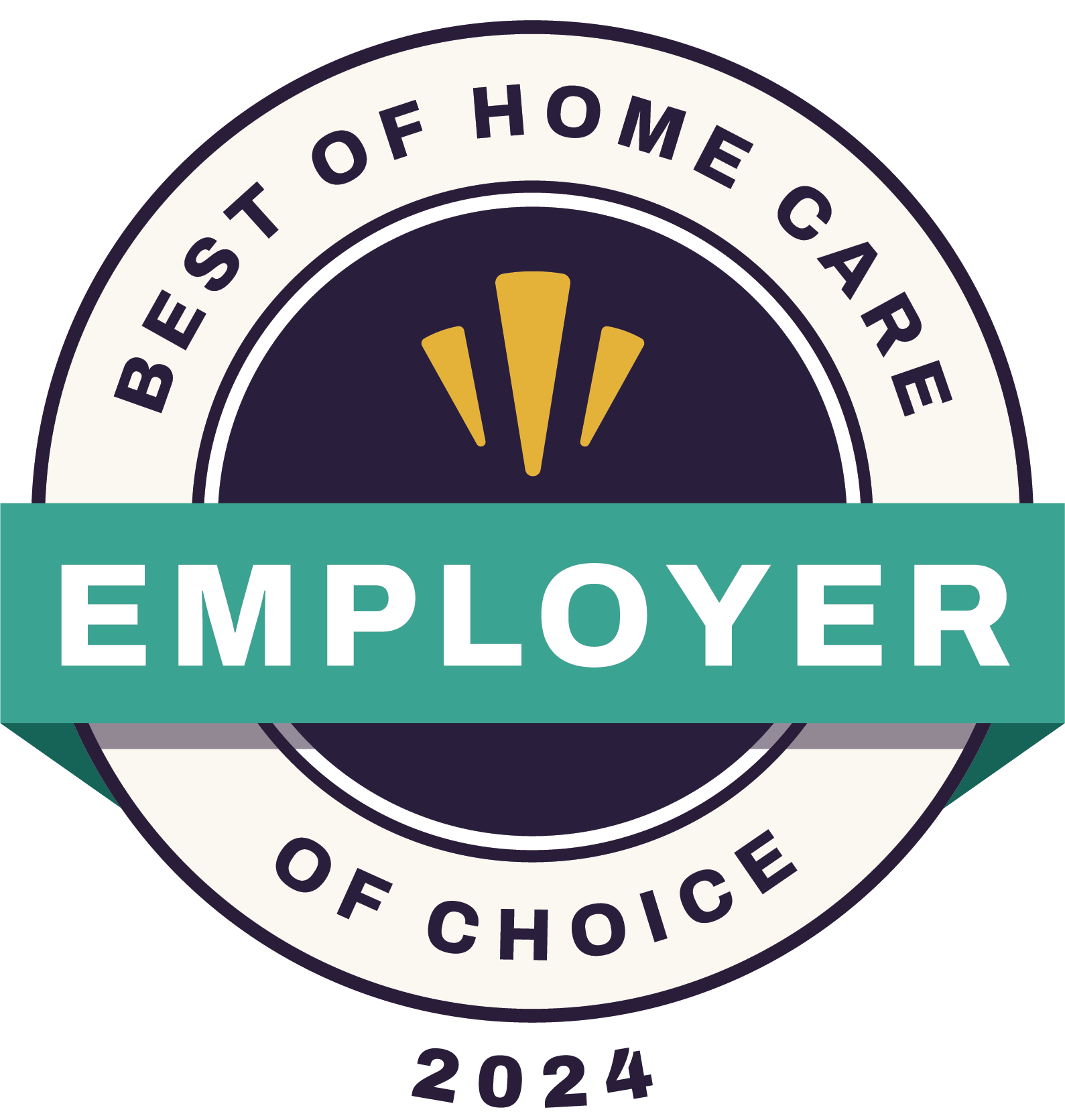
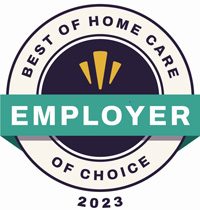
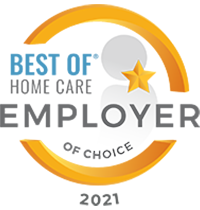
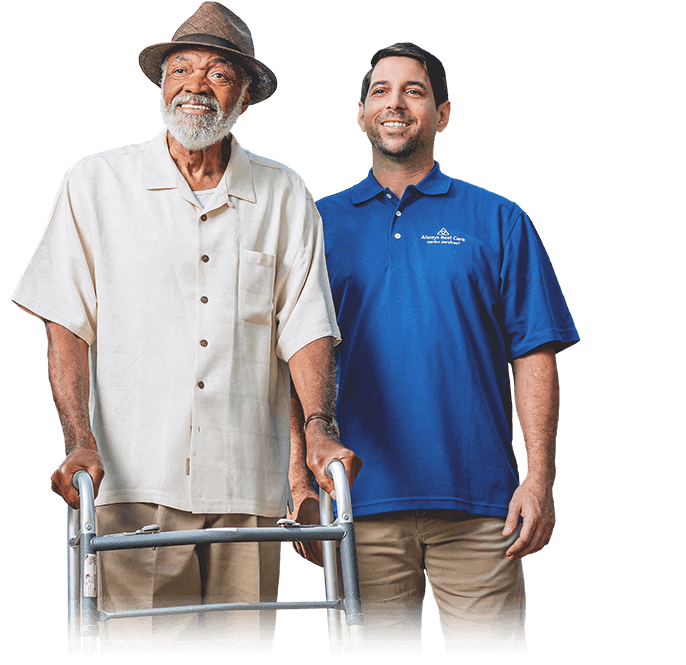
Our passion for helping people maintain a safe, independent and dignified lifestyle represents the strong foundation of
Always Best Care
Our employees are our own – not contractors. Caregivers are thoroughly screened, trained and insured. We are dedicated to exceeding your expectations…always.
Whether you are an experienced caregiver or looking to launch your career, contact us today to learn about opportunities that may be available in your area


It’s becoming more and more common for families to live far apart from each other, and leaving an elderly relative alone at home can be a major source of anxiety if you’re not nearby. Always Best Care provides the reassurance you need that your loved ones are safe and happy, with a compassionate caregiver available in case of an emergency. We’ll help them handle their daily tasks so that you can manage your own life with confidence and peace of mind. In addition, home care is often considered a healthier and more affordable option for families when compared to long-term nursing facilities.
Choosing an in-home senior care provider can be a daunting task. However, there are a few guidelines to keep in mind. First, ask your friends and family for recommendations. If you’re unable to get any suggestions, search for local and state organizations that recognize the best providers in the industry. Doing so can help narrow down a shortlist of home care agencies. Next, set up meetings with your top choices and ensure that they meet your criteria. Don’t forget to ask your senior for their opinion, too. Doing so will help you make an informed home care decision.
When hiring an in-home care provider, it’s important to ensure that they are insured to protect you and your loved one. Always Best Care not only provides our clients with insurance coverage but also Worker’s Compensation. That way, in the unlikely event that an accident occurs while a caregiver is working in your loved one’s home, you are protected against any claims or damages. These protections not only benefit you and your loved one, but also directly benefit our caregivers, enabling us to attract some of the most skilled and compassionate individuals for Home Care in Mishawaka.
In the mid-90s, Always Best Care founder Michael Newman grew frustrated by the lack of resources available for seniors in his community. That frustration helped him shape a vision: to create a home care company that would provide trusted care, compassionate support, and professional advice for seniors and their loved ones. In 1996, Michael channeled his frustration into founding Always Best Care, which has since become one of the nation’s leading providers of in-home care for seniors. Today, people with passion continue to make Always Best Care what it is today. While times may change, our company’s commitment to compassionate home care will always remain the same.
To provide the best home care in Mishawaka, we believe that it’s crucial for seniors and their caregivers to build a strong relationship that is fortified with trust. Without it, all parties can suffer. However, at Always Best Care, our caregivers are allowed requested vacations. There may also be times when caregivers become ill. In such cases, a substitute caregiver takes responsibility for your loved one’s care. We inform the substitute caregiver about all your loved one’s likes and dislikes to minimize disruptions. If additional care is required in the morning, afternoon, and evening, we will do our best to accommodate.
We understand that many seniors can lead mostly independent lives, but occasionally they may need assistance. At Always Best Care, we’re thrilled when we can schedule a caregiver in a very short turnaround. That’s why we’re happy to offer part-time in-home care for seniors in Mishawaka. Our team of compassionate caregivers can be `available to assist your senior loved one morning, noon, and night.
Our home care providers in Mishawaka can assist with a wide range of services to help your senior live a fulfilling, independent life at home. Some of our most requested home care services include the following:
• Light Housekeeping
• Medication Reminders
• Community Activity Escorts
• Companionship
• Meal Prep
• Nutrition Monitoring
• Incontinence Care
• Transportation and Errand Running
• Dressing and Grooming
Contact our Always Best Care office today to learn more about the additional home care services we offer.
We believe that safety is one of the most important aspects of home care in Mishawaka. As such, we train our caregivers to assess your senior loved one’s home to identify any potential hazards that could lead to accidents. Before providing in-home care services, we will perform a safety assessment of your loved one’s property to identify ways to make their home safer. This may include introducing grab rails in hallways or showers or making other small changes. To ensure ongoing safety measures are met, your caregiver will continue to monitor your senior’s mobility and recommend any necessary equipment or technology to make their life easier and safer.
Yes. We understand that, with time, a senior’s home care needs can change. If they do, your Care Coordinator will be there to re-evaluate and adjust your non-medical home care services in Mishawaka as needed.
Our senior home care providers in Mishawaka are dedicated to delivering compassionate, exceptional care. That dedication often translates to specialized training and preferred areas of focus. Please don’t hesitate to inform us of any unique health needs or requirements your loved one has during your care consultation with Always Best Care.
Explore the latest insights, trends, and tips from the home care and caregiving industry
We have partnered with the best groups and institutions to provide the best care for you.
FSSA is issuing Always Best Care-Michiana funding to support our direct service workforce. We plan to use the funding in the following 3 ways to invest in our DSWs: 1. Incentive bonuses: To provide immediate support to our workforce, we plan to issue bonuses to DSWs. We will dedicate 30% of the grant amount towards this activity. We will issue the bonus on 2/17/2023. Employees can expect to receive the funding through December 2023. 2. Retention Activities: Additional Training, Speciality Certifications, CNA Training, skills training. We will dedicate 40% of the grant amount towards this activity. We will issue the bonus on 03/3/2023. 3. Transportation Vouchers: To relieve some of the pressure of increased cost of travel, we will issue transportation vouchers to help pay for gas, travel, and other car related expenses. We will dedicate 30% of the grant amount towards this activity. To issue the vouchers, we implement a payment plan. Timing wise, our goal is to use the funding as soon as possible so that we can provide immediate funding to support our workforce. We are aiming to spend all funding by 12/31/23. Please reach out to Danielle Loupee with any question regarding how the funds will be spent.